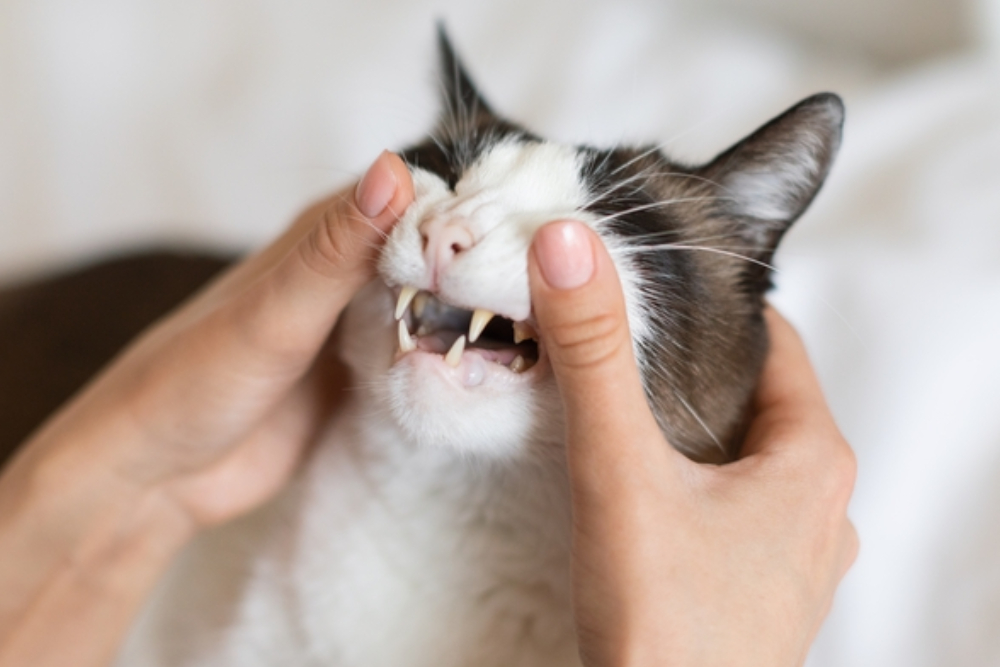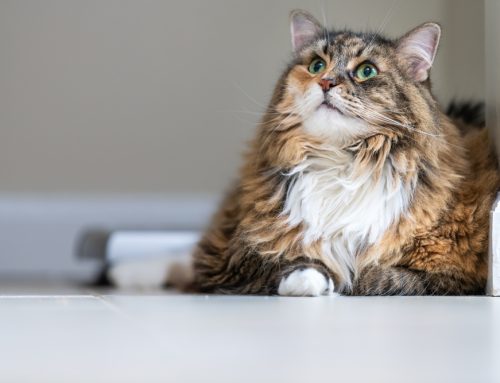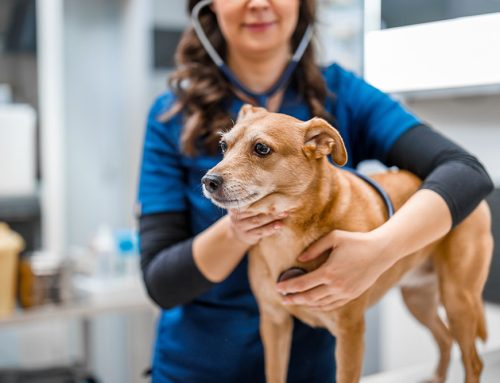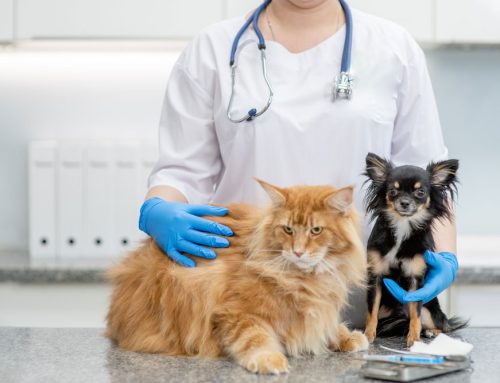At Southern Crossing Animal Hospital in Memphis, Tennessee, we understand that our pets are family—and as they enter their golden years, their needs evolve. Among the most critical (yet often overlooked) aspects of senior pet care is dental health. Untreated dental issues can lead to chronic pain, systemic illness, and a diminished quality of life.
In this guide, we explore why dental care is essential for senior pets, how to identify common dental concerns, and the steps you can take—both at home and in the clinic—to keep your pet comfortable and thriving.
Why Dental Health Becomes More Important with Age
Oral Health and Whole-Body Wellness
Dental disease doesn’t just affect the mouth. In senior pets, bacteria from untreated gum disease can enter the bloodstream and impact vital organs, contributing to:
- Heart disease
- Kidney and liver dysfunction
- Worsening diabetes
Routine dental care helps prevent these complications, reduces chronic pain, and ensures your pet maintains a healthy appetite and nutrition in their later years. Regular checkups and cleanings can significantly improve both longevity and comfort.
For a broader understanding of aging pet needs, see Senior Pet Care – AVMA.
Common Dental Problems in Senior Pets
1. Periodontal Disease
The most common dental issue in pets over the age of three, periodontal disease begins with plaque buildup and can lead to gum recession, tooth loss, and bone destruction.
Symptoms may include:
- Bad breath
- Red, bleeding, or swollen gums
- Drooling
- Reluctance to eat or play with chew toys
Learn more about how dental X-rays reveal hidden issues in the roots and jaw by visiting Why Dental X-Rays Are Needed – Preventive Vet.
2. Tooth Loss
Tooth loss in aging pets is often a result of long-term decay or untreated gum disease. This can lead to:
- Difficulty chewing or preference for soft food
- Weight loss due to reduced intake
- Behavior changes from pain
3. Fractured Teeth
Senior pets with weakened enamel or a history of chewing hard objects may suffer from fractured teeth. These can expose sensitive nerves and lead to infection.
See Diagnosis and Treatment of Fractured Teeth – Today’s Veterinary Practice for insight into treatment options.
Home Dental Care Strategies for Senior Pets
Tooth Brushing
Brushing is the single most effective at-home method to reduce plaque and maintain oral health. Use:
- Pet-specific toothpaste (never human toothpaste)
- A soft-bristled toothbrush or finger brush
- A gradual introduction to create a stress-free routine
Follow this guide from CSU on brushing your dog’s teeth.
Dental Chews and Toys
Dental chews can help reduce tartar but must be chosen wisely. Avoid overly hard chews that can crack teeth, like bones.
- See Potential Dangers of Popular Dog Chews – Preventive Vet for products to avoid
- The VOHC (Veterinary Oral Health Council) certifies products proven to reduce plaque and tartar
- Explore Accepted Products for Dogs and Cats from the VOHC to learn more
Special Diets and Water Additives
Prescription diets designed for oral care can help minimize plaque accumulation. Water additives may offer additional support, especially for pets who resist brushing.
Professional Dental Care for Senior Pets

Routine Exams and Cleanings
Even with good home care, professional cleanings are essential—especially for older pets. A comprehensive dental exam includes:
- Oral exam and full-mouth X-rays
- Scaling and polishing under anesthesia
- Identification of hidden infections or decay
- Tooth extractions if necessary
Contact us to schedule a senior dental assessment.
Dental Cleanings Under Anesthesia
Anesthesia ensures a thorough and stress-free cleaning. It allows us to safely assess areas beneath the gum line, which are the primary sites for infection.
We take every precaution with senior patients, including pre-anesthetic bloodwork and careful monitoring throughout the procedure.
Advanced Treatments
In some cases, restorative procedures such as crowns or composite fillings may be appropriate. More often, extractions are the best course to eliminate infection and pain.
Recovery is typically smooth, and pets often feel significantly better after infected teeth are removed.
Preventing Future Dental Disease in Senior Pets
Build a Long-Term Oral Care Routine
- Brush your pet’s teeth several times per week
- Provide VOHC-approved chews or rinses
- Schedule annual dental exams (or every 6 months for pets with a history of dental issues)
Know the Warning Signs
If your senior pet displays any of the following, it may be time for a dental evaluation:
- Persistent bad breath
- Pawing at the face or mouth
- Dropping food or chewing on one side
- Red or bleeding gums
- Changes in appetite or mood
Schedule Your Senior Pet’s Dental Exam Today
Caring for your pet’s dental health is one of the most impactful ways to support their overall well-being in their senior years. At Southern Crossing Animal Hospital, we’re here to guide you through every stage of your pet’s dental care journey.
Contact us to schedule a dental consultation today, and learn more about how we care for senior pets.
Your pet deserves to age with comfort, dignity, and a healthy smile. Let us help make that possible.








Leave A Comment